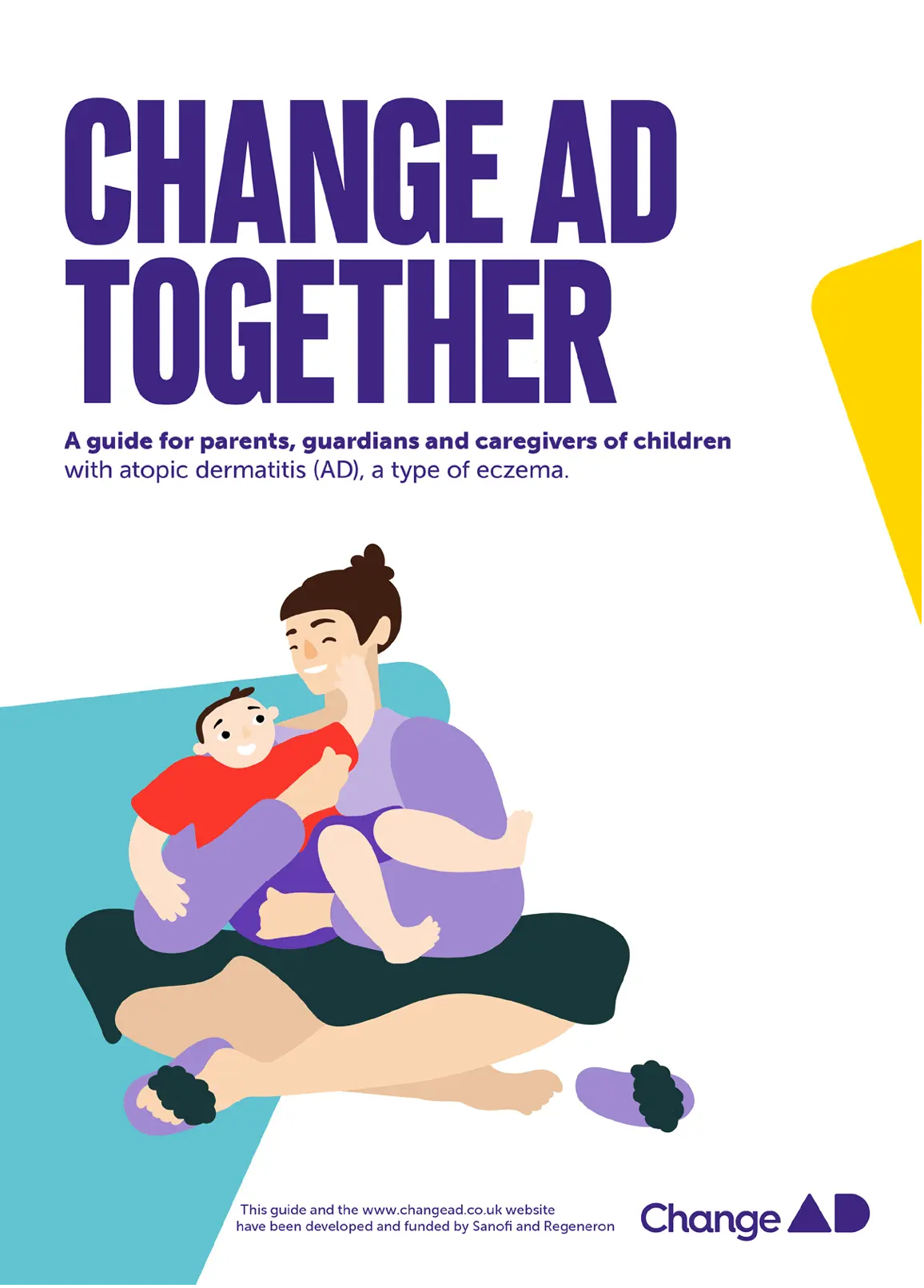This website is intended for UK residents only
Support networks are important for everyone. These supporters can be friends, family, a partner, colleagues or people you connect with online.
“Family and friends need to be patient with people with eczema.”
Communicating issues around atopic dermatitis to friends and family can be difficult, and it can be just as hard to know how best to support those living with the condition.
There is no ‘right’ way to support someone with eczema – you have to learn together. Some find it patronising and annoying while others like that their supporters prioritise their skin and remind them to resist the urge to scratch.
It is important that you remember that your skin is only a small part of you, and that your family and friends are there for support – so don’t feel guilty for talking about your feelings.
Supporting a loved one, especially a young child with AD can be challenging. We recognise that it’s not only the child going through the flare-ups, but the ups and downs of living with AD can cause a ripple affect across the whole family’s mental wellbeing.
As a mother of two children with AD, Shal knows first-hand what it’s like coping with the daily challenges of this condition. In an intimate conversation with Julie Van Onselen, Dermatology Nurse from the National Eczema Society (NES), Shal shares her personal experiences, and together, Shal and Julie offer their advice for parents in a similar situation.
Watch the video to hear Shal and Julie’s story, as well as hints and tips on finding support.
Looking after a child with AD can be time intensive and emotionally demanding. Sometimes you may need support too and it might help you to know you're not alone. We are here to support you and your child and have created a guide with useful information about AD for you and your child.


MAT-XU-2400603 (v2.0) | May 2024